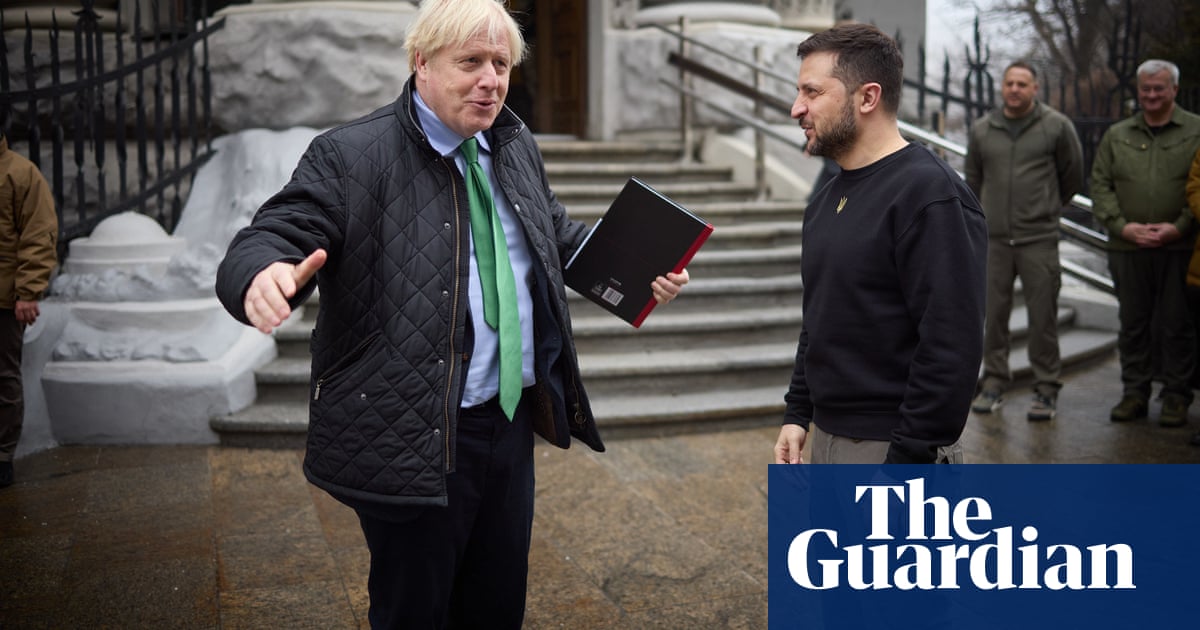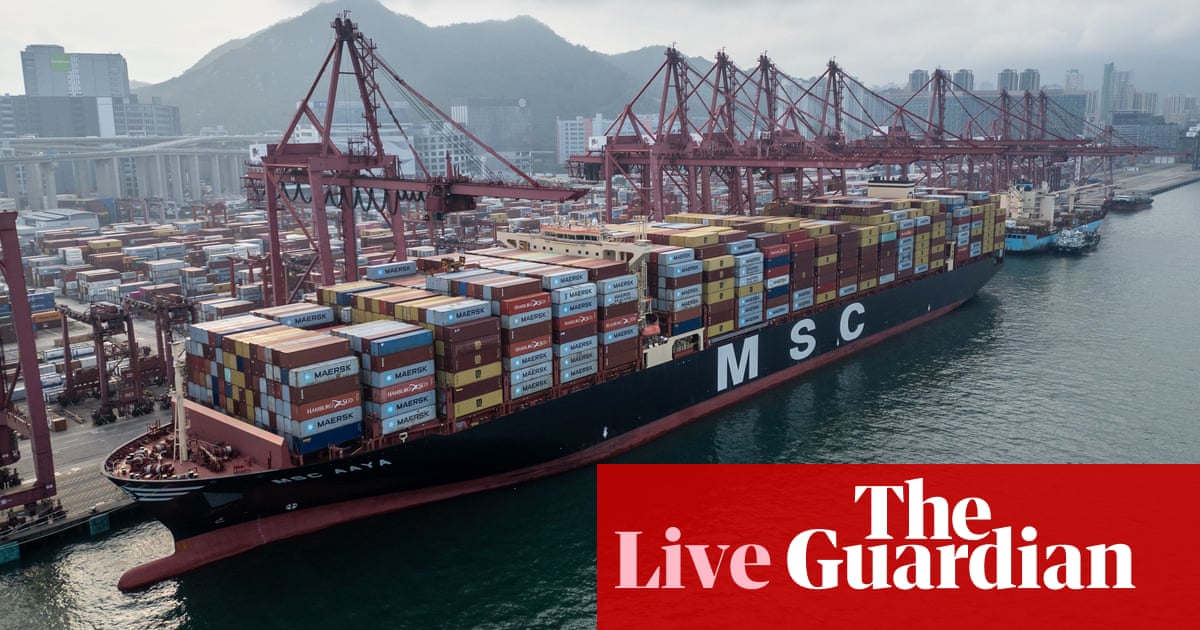Even government ministers sounded embarrassed in February when they threw yet more subsidies at Drax, recipient of £6.5bn to date, to keep its wood-burning power plant open until 2031. Few people think the biomass industry can survive in the long term unless as-yet-untested carbon capture technology can be installed.
But the bizarre business of importing wood pellets from the US and Canada for incineration in North Yorkshire was given an extension because the UK’s power system, now more reliant on wind and solar generation, also needs firm “dispatchable” power that can be turned on and off in a hurry.
At least Drax would have a “much more limited role” in future, explained the energy minister Michael Shanks, and 100% – not 70% as in the past – of the “woody biomass” would have to come from sustainable sources. The latter demand prompts the obvious question: is a robust system in place for checking that every last wood pellet is sustainable?
Friday’s report from the public accounts committee does not inspire confidence. Here’s the big-picture summary: “The current approach relies heavily on generators self–reporting the sustainability of the biomass they use and third–party certification schemes, giving a sense that generators are marking their own homework. Neither DESNZ [the energy department] nor Ofgem [the energy regulator] know whether the approach to assurance is effective in making sure biomass is from sustainable sources.”
That is quite a statement for two reasons. First, it is less than a year since Drax agreed to pay £25m after Ofgem found the company had submitted inaccurate data on its sourcing. Second, Drax is not the only biomass game in town, and government support for the industry in the UK actually began in 2002 (well before the biggest player made the switch from dirty coal). A couple of decades ought to be enough to develop a proper monitoring system.
The government isn’t ignoring the worries, it should be said. The PAC report says DESNZ “acknowledges that a new approach to assurance is needed” and that “an increase in resources to monitor compliance” may be required.
Yet good intentions must become firm plans. The report’s core demand that the government should publish the precise steps it is taking to ensure compliance is a bare-minimum requirement. Whether the answer involves satellite technology to check on the long supply chains, or something else, the job should not be impossible. Other global industries manage this stuff.
The PAC added that it is “not convinced” the latest deal with Drax provides good value for money for consumers, a fair conclusion given the company will be paid substantially more than a windfarm for its output of electricity.
Unfortunately, that may reflect the uncomfortable reality that the government was negotiating from a position of weakness with a counterparty that supplies 5% of the UK’s electricity.
after newsletter promotion
But, as the report notes, the transitional agreement didn’t even incentivise Drax to invest in carbon-capture technology, which may indeed be seen as a “missed opportunity” if, come 2031, it turns out the UK still finds itself as a semi-forced buyer of dispatchable power.
In the meantime, though, at least police the supply chain rigorously. Public confidence in the biomass industry is low; any whiff of self-marking of homework is unacceptable.

.png) 5 hours ago
7
5 hours ago
7













































